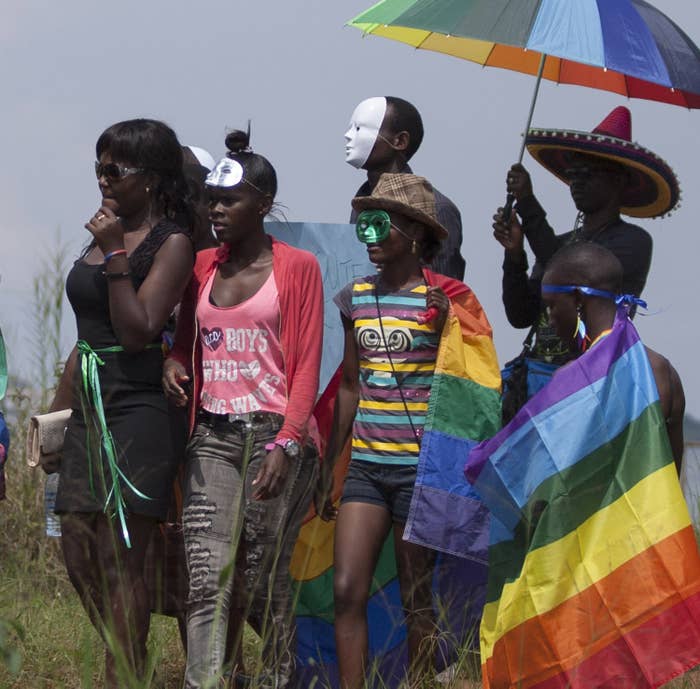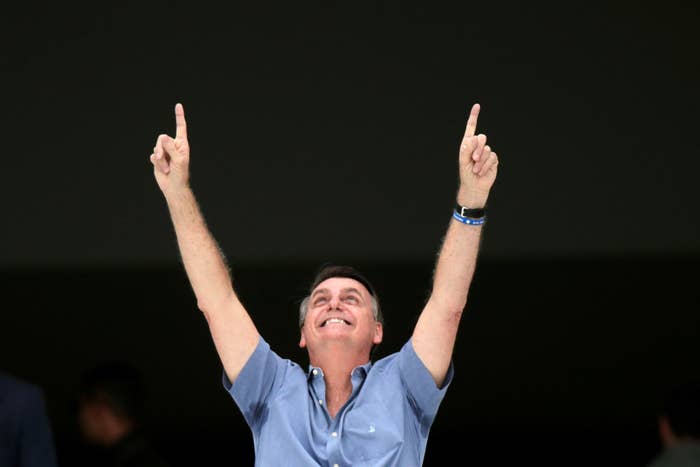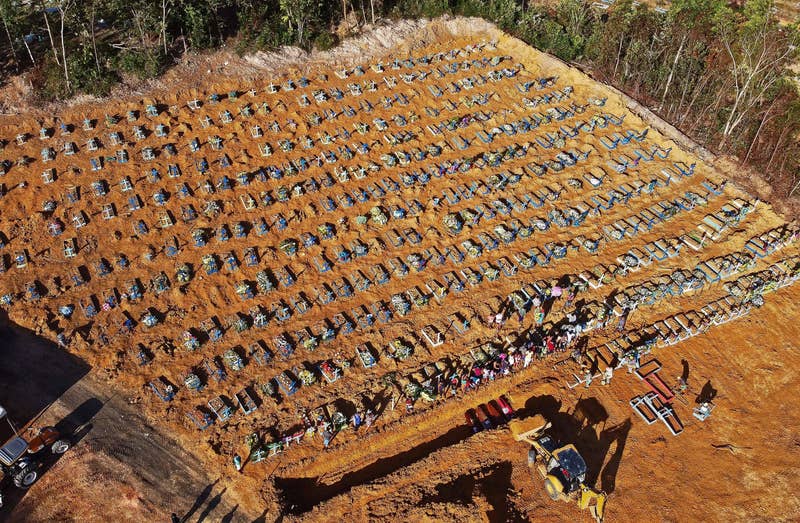Faith is helping many through the coronavirus pandemic — and it can also be instrumental in climate protection, say UNEP's Inger Andersen and Azza Karam of Religions for Peace in a guest commentary.

Faith provides spiritual and practical support to billions of people, especially in times of crisis. We are seeing this in action yet again as churches, mosques, temples, other places of worship and faith-based organizations around the world offer support, food, housing, donations and medical services during the pandemic. Such solidarity is sorely needed as millions suffer the physical, economic and emotional toll of COVID-19.
But faiths, and those who lead them, have a greater role to play. They can and must help prevent worse crises from happening in the future by wielding their huge influence to improve humanity's stewardship of the planet.
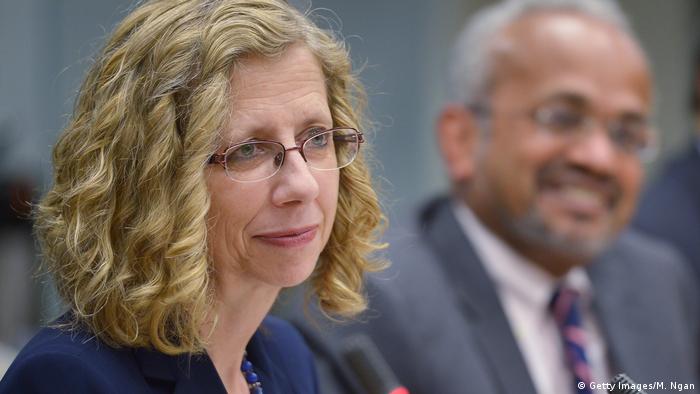
Inger Andersen, UNEP's executive director, says the pandemic response needs to fix our relationship with the planet
COVID-19, along with many previous diseases that were transmitted from animals to humans, is a result of how we mismanage our natural habitat and the living beings in it. Whether you look at this pandemic, the recent Australian bushfires, the hottest January on record or the worst locust outbreak in the Horn of Africa in decades, the planet is sending us an urgent message: if we do not take care of nature, we cannot take care of ourselves.
Read more: Coronavirus: European solidarity comes at a price
We would be wise to heed this call. Our long-term response to COVID-19 must be to fix our relationship with the planet. This repair job should be a whole-system response made up of many parts.
Economic recovery stimulus packages must support investments in renewable energy, smart buildings and infrastructure, green and public transport.
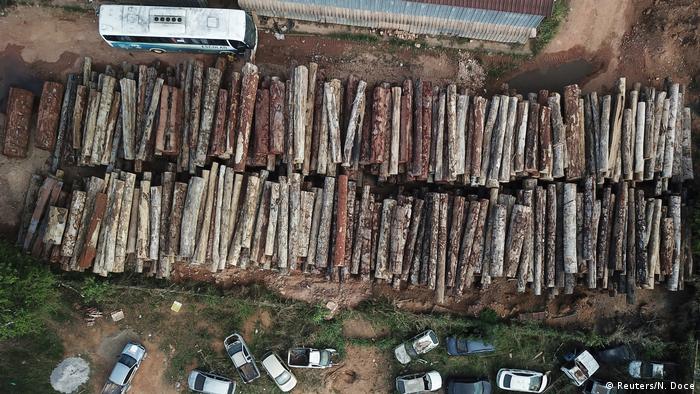
In the last few years, deforestation in the Amazon rainforest has surged to its highest rate in more than a decade

The worldwide animal market, where thousands of species are bought and sold every year, is a serious threat to biodiversity
We must shift our production and consumption habits — buying less, wasting less and repurposing more — as many of us are doing during lockdown restrictions. We must restore our forests and invest in protected areas. And we must tackle the illegal trade in wildlife and forest resources and improve hygiene conditions in the legal trade.
Pushing for proactive engagement
Faith leaders and communities are proving to be crucial to all of these systemic changes because they have the authority to impact the behavior and attitudes of billions of people. Their institutions are among the oldest and most long-standing and provide essential services to billions of people around the globe, making them essential partners in normal times as well as in an emergency.
Faith-based organizations own a large number of educational institutions, so they can lead on efforts to raise awareness about the linkages between human health and planetary health. In all parts of the world, they own and manage health institutions that are fighting the current pandemic by providing medical care to the hardest-to-reach communities.

Azza Karam, of Religions for Peace, says faith leaders and communities can influence how people treat the planet
One example of proactive engagement and inter-country collaboration is the Interfaith Rainforest Initiative, a global partnership that includes the UN Environment Program (UNEP) and Religions for Peace working to protect the world's remaining rainforests and the rights of the indigenous peoples that serve as their guardians.
Such initiatives are a good start, but we can do more.
Read more: Yuval Noah Harari on COVID-19: 'The biggest danger is not the virus itself'
As things stand, humanity, in its hubris, is tearing down the house that so many believe their creator provided. Faith leaders need to continue to use their considerable influence to push for a healthy planet, just as believers must heed the call to care for creation contained in the scriptures of every religion and in the tradition of every faith.
The response to COVID-19 is showing the power of faith. Now we must harness this power, together, to create a sustainable future for ourselves and for all other species that share this planet.
Inger Andersen is UN under-secretary-general and executive director of the UN Environment Program. Azza Karam is the secretary general of Religions for Peace, an international multi-religious organization, and a professor at the Vrije Universiteit in Amsterdam.
CORONAVIRUS AND THE ENVIRONMENT: 7 CHANGES TO EXPECT
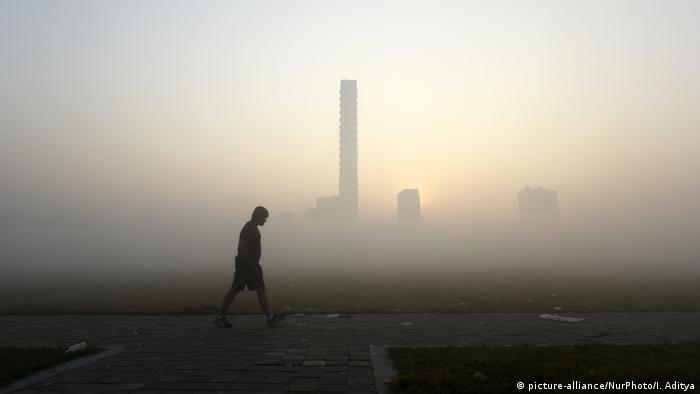
Better air quality
As the world grinds to a halt, the sudden shutdown of most industrial activities has dramatically reduced air pollution levels. Satellite images have even revealed a clear drop in global levels of nitrogen dioxide (NO2), a gas which is primarily emitted from car engines and commercial manufacturing plants and is responsible for poor air quality in many major cities.
As the world grinds to a halt, the sudden shutdown of most industrial activities has dramatically reduced air pollution levels. Satellite images have even revealed a clear drop in global levels of nitrogen dioxide (NO2), a gas which is primarily emitted from car engines and commercial manufacturing plants and is responsible for poor air quality in many major cities.
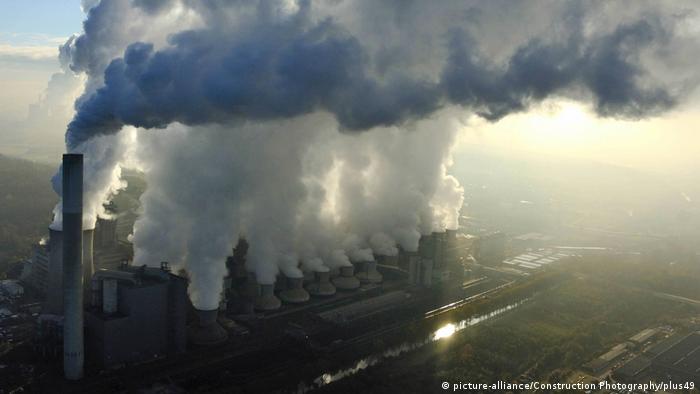
CO2 emissions fall
Like NO2, carbon dioxide emissions (CO2) have also been slashed in the wake of the COVID-19 crisis. When economic activity stalls, so do CO2 emissions — in fact, the last time this happened was during the 2008-2009 financial crisis. In China alone, emissions have fallen by around 25% when the country entered lockdown, according to Carbon Brief. But this change is likely to only be temporary.

A new world for urban wildlife
As everyone retreats to their homes, some animals have been taking advantage of our absence. Reduced road traffic means little critters like hedgehogs emerging from hibernation are less likely to be hit by cars. Meanwhile, other species like ducks may be wondering where all the people have gone and will need to find other sources of food besides breadcrumbs in the park.
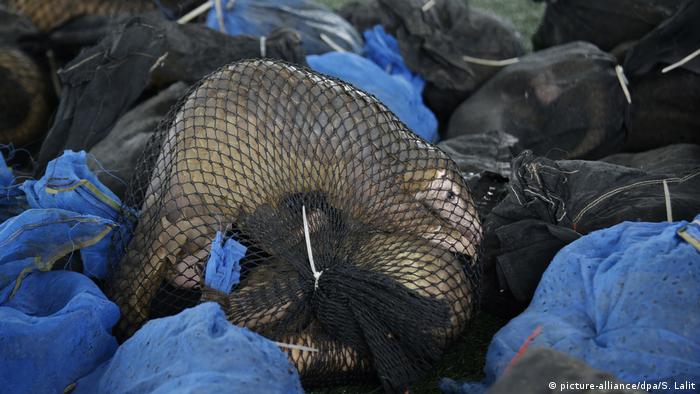
Drawing attention to the global wildlife trade
Conservationists hope the coronavirus outbreak will help curb global wildlife trade, which is responsible for pushing a number of species to the brink of extinction. COVID-19 likely originated in a Wuhan wet market, which sells live produce and is a hub for both legal and illegally trafficked wildlife. A crackdown on trading live wildlife may be one positive thing to come out of the crisis.
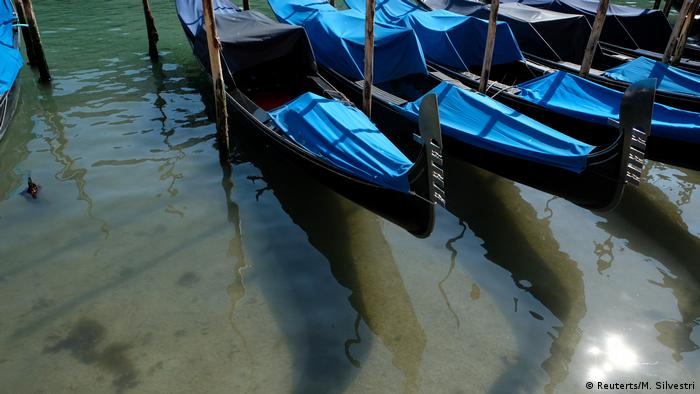
Waterways run clear
Shortly after Italy entered lockdown, images of crystal clear canals in Venice were shared around the world — the pristine blue waters are a far cry from their usual muddy appearance. And with cruise ships docked for the time being, our oceans are also experiencing a drop in noise pollution, lowering the stress levels of marine creatures like whales and making for a much more peaceful migration.
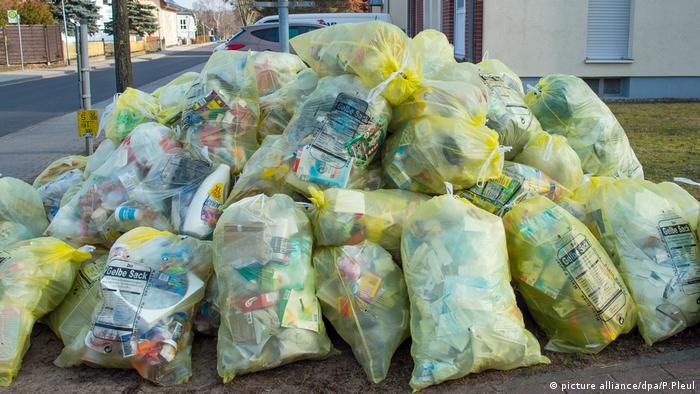
Plastic waste on the rise
But it's not all good news. One of the worst environmental side-effects of the coronavirus pandemic is the rapid increase in the use of disposable plastic — from medical equipment like disposable gloves, to plastic packaging as more people opt for prepackaged foods. Even cafes that remain open no longer accept reusable cups from customers in a bid to stop the virus from spreading.

Climate crisis goes ignored (for now)
With the coronavirus dominating, the climate crisis has been pushed to the sidelines. But that doesn't make it any less urgent. Experts are warning that important decisions regarding the climate should not be delayed — even with the UN climate conference postponed until 2021. While emissions have dropped since the pandemic began, we're unlikely to see widespread and long-term change as a result.
Author: Ineke Mules
Date 29.04.2020
Related Subjects Environment, Deforestation, Wildlife, Biodiversity, Coronavirus
Keywords COVID-19, Inger Andersen, faith, coronavirus, environment, biodiversity, deforestation, wildlife, Azza Karam, pandemic
Related Subjects Environment, Deforestation, Wildlife, Biodiversity, Coronavirus
Keywords COVID-19, Inger Andersen, faith, coronavirus, environment, biodiversity, deforestation, wildlife, Azza Karam, pandemic
